

DigiFLEd 2024-2026


European Union Erasmus+ Project:
The Modernisation of University Education Programmes
in Foreign Languages by Integrating Information Technologies
The Modernisation of University Education Programmes
in Foreign Languages by Integrating Information Technologies
[№101128713 – DigiFLEd – ERASMUS-EDU-2023-CBHE.
Part of the Erasmus+ Capacity Building in the field of Higher Education]
Part of the Erasmus+ Capacity Building in the field of Higher Education]
Aim
The Project aims to improve the quality of higher education in Ukraine by strengthening the foreign language-related curricula with information and communication technology (ICT).
Objectives
1. To address mismatch between labour market requirements and the HEI offer.
2. To provide ICT training for foreign language professionals.
3. To foster cooperation between partner universities.
4. To strengthen the relationship between HEIs, schools and other stakeholders.
5. To enhance the international visibility of the Ukrainian language and culture.
Expected Results
1. A reduced gap between labour market requirements and the HEI offer.
2. Innovations of 24 foreign language curricula.
3. Modernisation of e-learning equipment in 7 Ukrainian HEIs.
4. Improved quality of foreign language education.
5. Training of students and teaching staff in ICT.
6. Strengthened international links.
7. Creation of new placement opportunities.
8. Enhanced international project management skills.
9. International promotion of Ukrainian language and culture.
Duration and Budget
1 January 2024 to 31 December 2026.
€718932 – of which DNU’s part is €66434.
The DNU Project Team
The Project aims to improve the quality of higher education in Ukraine by strengthening the foreign language-related curricula with information and communication technology (ICT).
Objectives
1. To address mismatch between labour market requirements and the HEI offer.
2. To provide ICT training for foreign language professionals.
3. To foster cooperation between partner universities.
4. To strengthen the relationship between HEIs, schools and other stakeholders.
5. To enhance the international visibility of the Ukrainian language and culture.
Expected Results
1. A reduced gap between labour market requirements and the HEI offer.
2. Innovations of 24 foreign language curricula.
3. Modernisation of e-learning equipment in 7 Ukrainian HEIs.
4. Improved quality of foreign language education.
5. Training of students and teaching staff in ICT.
6. Strengthened international links.
7. Creation of new placement opportunities.
8. Enhanced international project management skills.
9. International promotion of Ukrainian language and culture.
Duration and Budget
1 January 2024 to 31 December 2026.
€718932 – of which DNU’s part is €66434.
The DNU Project Team
- The University Rector, Prof. Sergiy Okovytyy – Consultant
- Vice Rector, Associate Prof. Victor Gasso – Administrative Support
- Prof. Olena Hurko (Department of English Language for Non-Philological Specialities) – Project Manager
- Associate Prof. Nataliia Styrnik (Department of English Language for Non-Philological Specialities) – Project Working Group Manager
- Associate Prof. Olena Besarab (Department of English Language for Non-Philological Specialities) – Project Participant
- Associate Prof. Tetyana Pryshchepa (Department of English for Non-Philological Specialties) – Project Participant
- Lecturer Svitlana Riabovol (Department of English Language for Non-Philological Specialities) – Project Participant
- 1st year student in the Faculty of Applied Mathematics and IT, Illia Diachok – Project Рarticipant
- Chief Accountant DNU – Larysa Lysakova – Project Accounting Support
Cooperation Partners
In this project, DNU cooperates with 3 EU universities:
🏛️ Tampere University, Finland (project coordinator)
🏛️ The National University of Ireland, Maynooth
🏛️ The University of Western Macedonia, Greece
and 6 other Ukrainian universities:
🏛️ Kharkiv National University V. N. Karazin (National Coordinator)
🏛️ Zhytomyr Ivan Franko State University
🏛️ Ternopil Volodymyr Hnatiuk National Pedagogical University
🏛️ Mykolaiv V. O. Sukhomlynskyi National University/Admiral Makarov National University of Shipbuilding
🏛️ Donbas State Pedagogical University – Horlivka Institute for Foreign Languages of the State Higher Educational Institution
🏛️ Donetsk Vasyl Stus National University
In this project, DNU cooperates with 3 EU universities:
🏛️ Tampere University, Finland (project coordinator)
🏛️ The National University of Ireland, Maynooth
🏛️ The University of Western Macedonia, Greece
and 6 other Ukrainian universities:
🏛️ Kharkiv National University V. N. Karazin (National Coordinator)
🏛️ Zhytomyr Ivan Franko State University
🏛️ Ternopil Volodymyr Hnatiuk National Pedagogical University
🏛️ Mykolaiv V. O. Sukhomlynskyi National University/Admiral Makarov National University of Shipbuilding
🏛️ Donbas State Pedagogical University – Horlivka Institute for Foreign Languages of the State Higher Educational Institution
🏛️ Donetsk Vasyl Stus National University
 |
 |
 |
 |
 |
 |
 |
 |
 |
 |
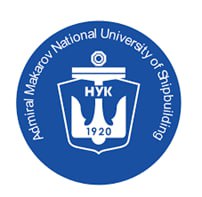 |
Disclaimer: Co-funded by the European Union. Views and opinions expressed are however those of the author(s) only and do not necessarily reflect those of the European Union or the European Education and Culture Executive Agency (EACEA). Neither the European Union nor EACEA can be held responsible for them.
PROJECT UPDATE

Kick-off Meeting at the University of Tampere
From January 30 to February 01, 2024, the University of Tampere (Finland) hosted a kick-off meeting of the participants of the Erasmus+ grant project.
Participants from DNU
Professor, Head of the Department of English Language for Non-Philological Specialities Olena Hurko
Associate Professor of the Department of English Language for Non-Philological Specialities Nataliia Styrnik
• introduced Oles Honchar Dnipro National University
• introduced the working group from DNU
• outlined the team’s responsibilities within the project
A Kaleidoscope of Events
• discussion of project management issues
• lectures by leading scholars from partner universities, seminars, and roundtable discussions
• familiarisation with the cultural heritage of Tampere
The Results
Start of project development!
Congratulations to the Faculty of Ukrainian and Foreign Philology and Study of Arts on the successful launch of the international project!
Project Implementation:
Discussion on Communication and Dissemination Strategies
28 March 2024 – an online meeting of DigiFLEd project.
1. The Agenda for the Quality Board Meeting, including Working Package 7: Communication and Dissemination, was approved.
2. The DigiFLEd Project Dissemination Plan was approved.
3. The project website was discussed and a navigation menu was agreed.
4. The most effective channels to reach the target audience were considered: developing content to support dissemination: reports, infographics, videos, podcasts, blog posts, press releases, and presentation slides. Distribution of content and the timing, frequency, and relevant events were considered.

DigiFLEd Study Visit to National University of Ireland, Maynooth
The first study visit of the DigiFLEd project was at National University of Ireland, Maynooth. Participants from partner universities spent a week studying and sharing experiences. The programme included an introduction to the Moodle platform, classes on the basics of gamification, as well as various events and meetings.
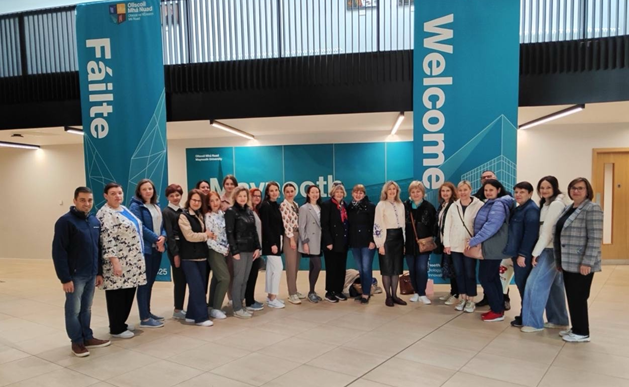
European colleagues Orla Hanratty, Kethleen Levacher, George Palomino, Jonathan Walsh, and Alison Farrell prepared a rich programme of lectures that became a real source of inspiration and new ideas.
The DigiFLEd participants:
✔️ learnt about newest digital tools for creating online courses;
✔️discussed the basics of effective online learning;
✔️familiarised with DigCompEdu Framework;
✔️considered learning theory to create effective online courses;
✔️discussed the importance of teacher presence in the online space;
✔️found useful tips for planning online courses;
✔️learnt ways to integrate written assignments into online courses;
✔️identified the key elements of effective online learning.
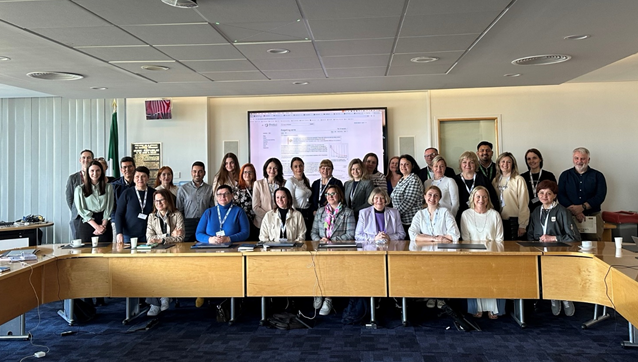
The lectures became a forum for experience exchange, lively discussions and debates. The representatives of partner universities shared their thoughts, represented various teaching practices, obtained many useful insights from their Irish colleagues and discussed how best to pass on this knowledge to students.
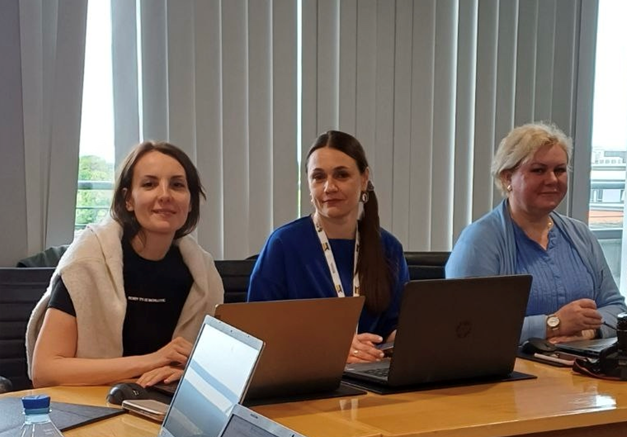
The five-day study visit was full of not only various academic events but also cultural activities. The participants discovered the culture of Ireland, attended a campus tour, met in the social space of the business school, visited the Russell Library, viewed the historical collections of St. Patrick’s College, and enjoyed a visit to the small town of Howth including a boat trip. It was unforgettable!
The first study visit of this DigiFLEd project was a unique opportunity to communicate with European colleagues, to learn and share experience. We look forward to future cooperation with our partners to achieve the goals of the project!
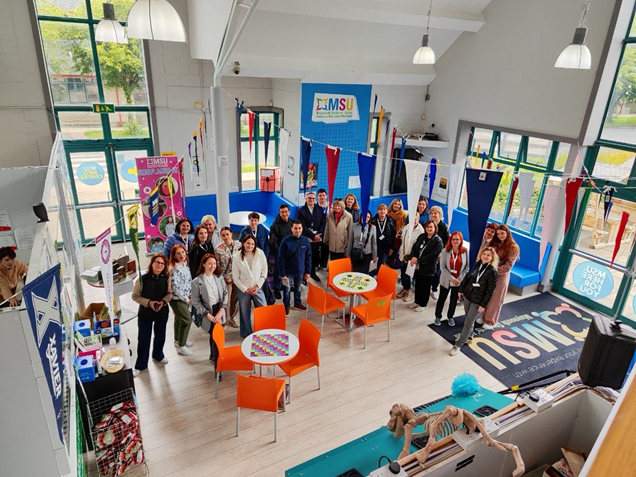
With grateful thanks to Emmanuel Kypraios, Lisa O’Regan, Tetyana Borova of the National University of Ireland, Maynooth!

DigiFLEd Participants in Kastoria: Second Study Visit
At the end of June 2024, the second stage of study visits took place as part of the international DigiFLEd project. Each day of the study visit to the University of Western Macedonia in Kastoria (Greece) was packed with workshops, master classes, and interactive sessions focused on teaching methods.
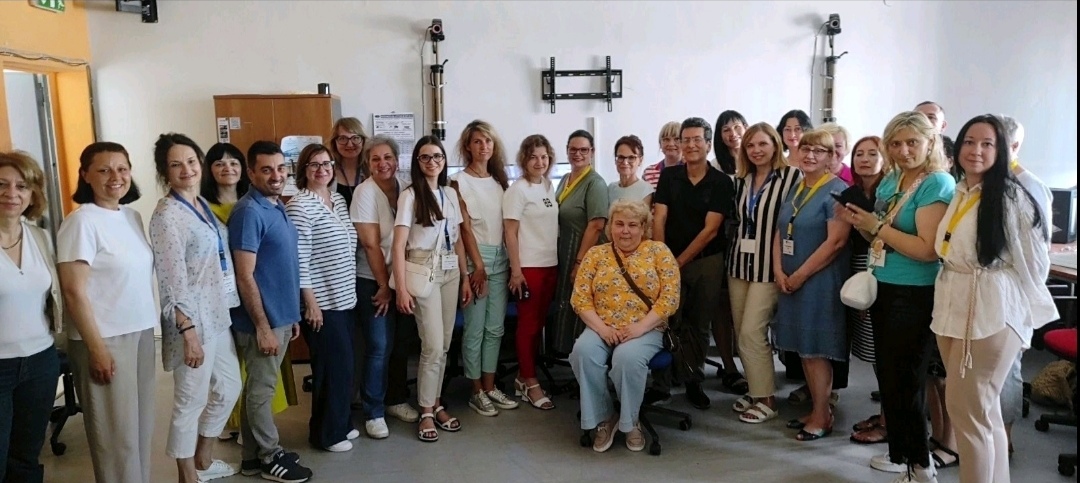
This time, our university was represented by Olena Besarab, Associate Professor of the Department of English Language for Non-Philological Specialities, and Svitlana Riabovol, a lecturer of the Department of English Language for Non-Philological Specialities. Our colleagues:
✔️studied the principles of creating multimedia content for education with Alexandros Kleftodimos;
✔️discussed the key characteristics of virtual and augmented reality with Michalis Vrigkas;
✔️received valuable information on storytelling, creation and application of this method in the learning process from Maria Matsiola;
✔️gained essential experience in creating digital games using interactive methods during a workshop with Chrysa Markou.
✔️focused on the principles of using effective audiovisual tools that are useful in video production at a workshop with Maria Matsiola.
✔️learnt how to create websites under the guidance of Georgios Lappas and gained insights into the specifics of maintaining university virtual centres.
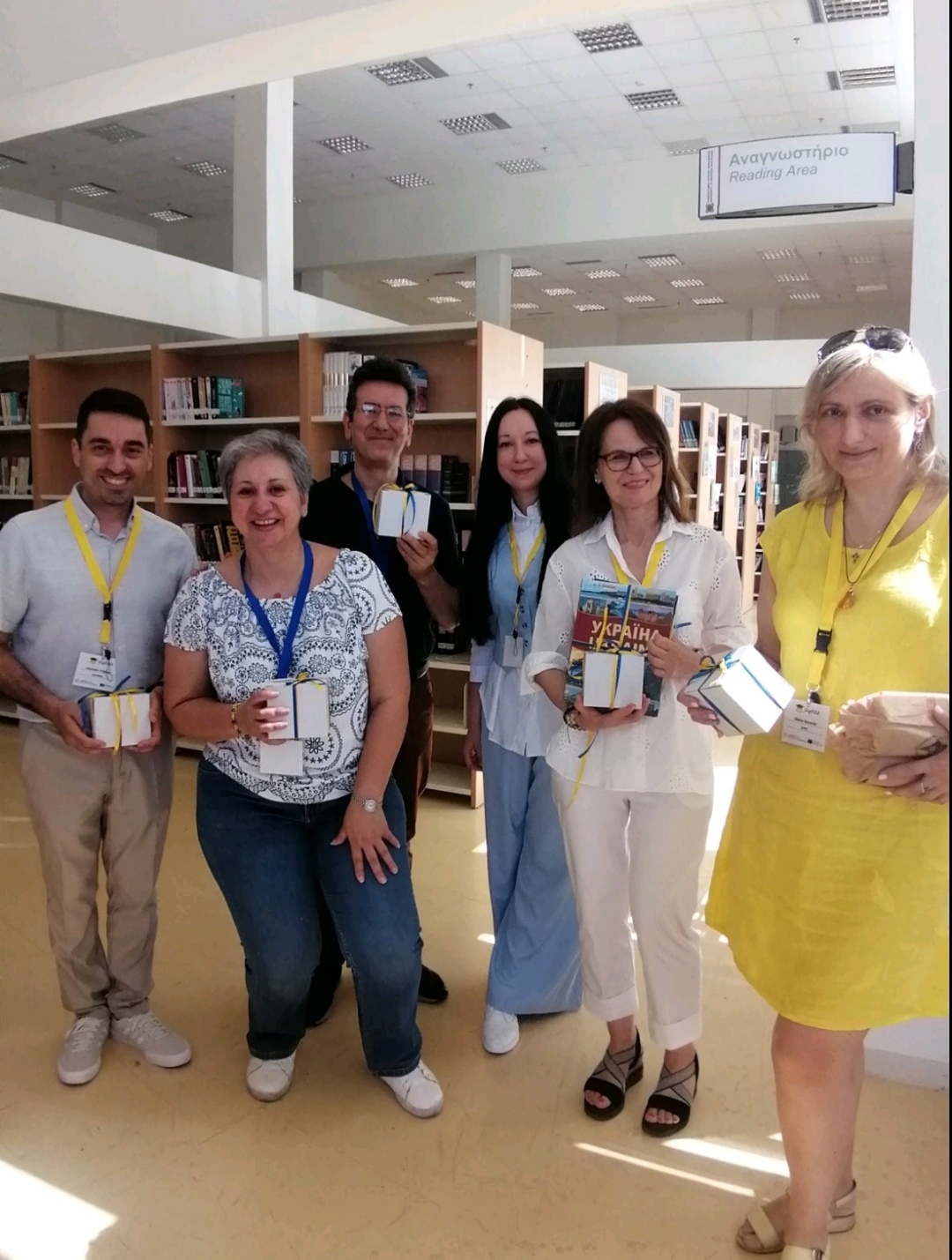
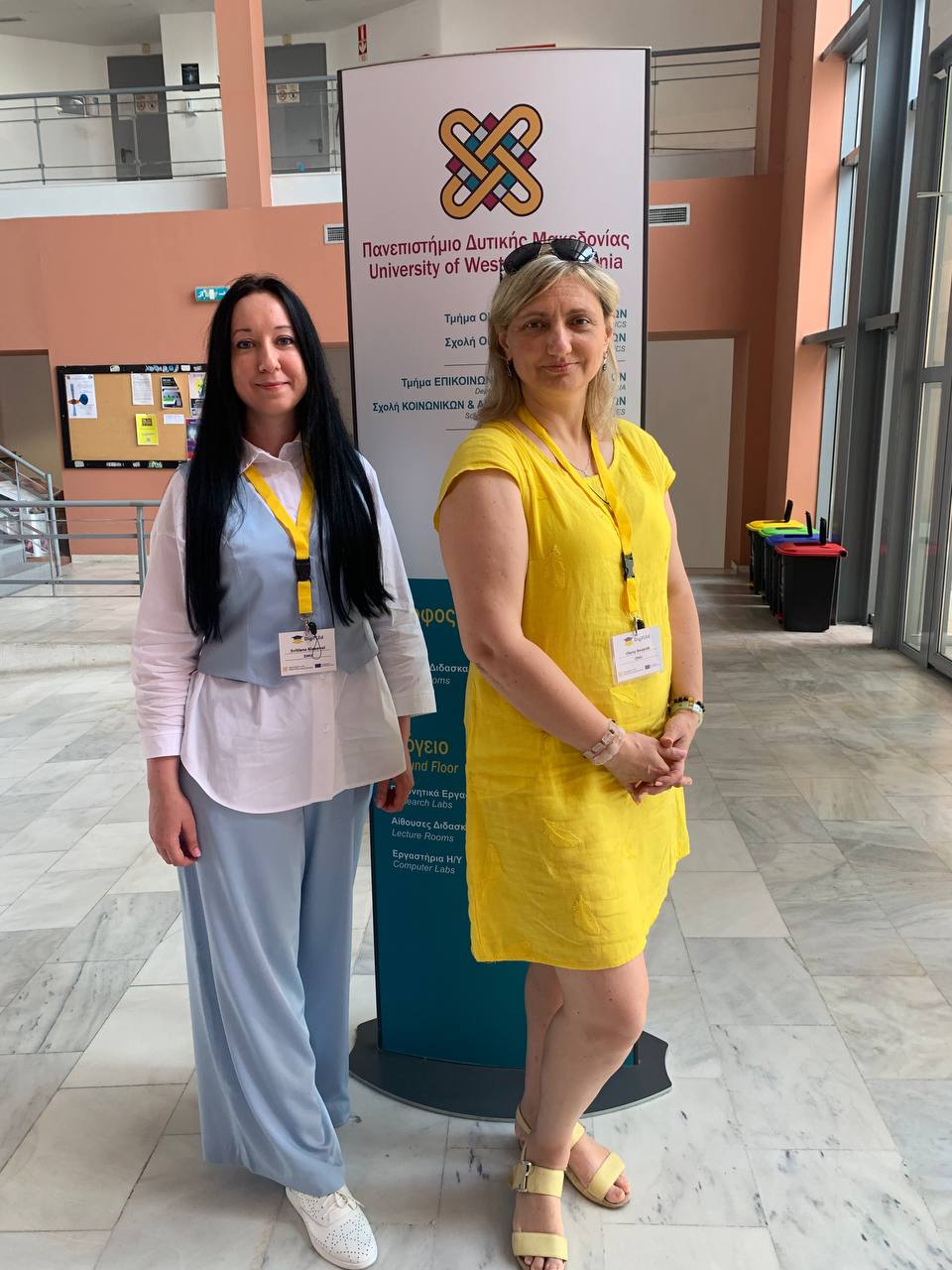
DigiFLEd participants dived into the boundless world of gaming and multimedia content, learnt about many resources and platforms. Representatives of the partner- universities were fascinated by the magic of virtual and augmented reality during their visit to the laboratory, and were also impressed by the testing of programmes that will help create a modern multimodal learning environment in the future.
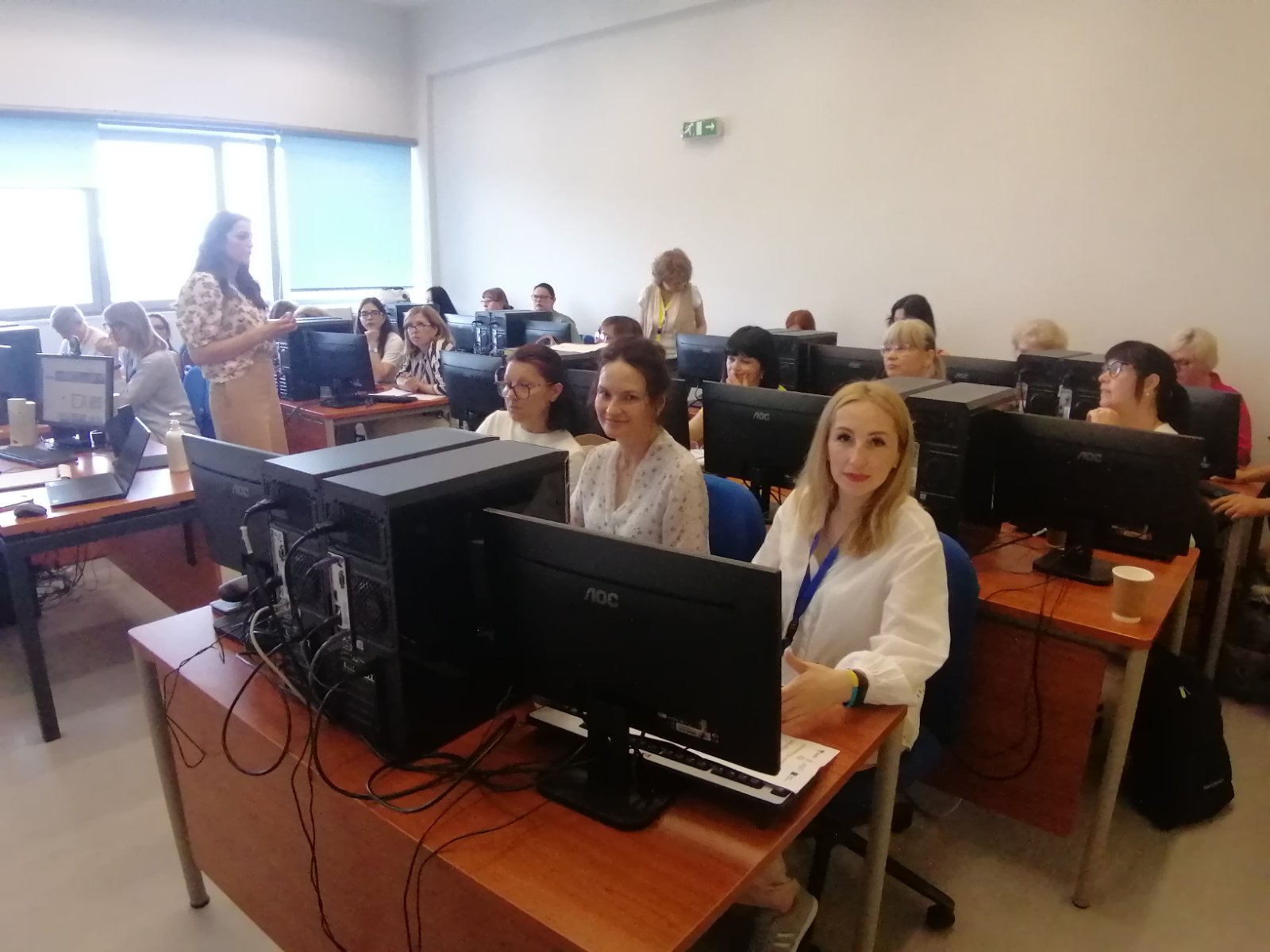
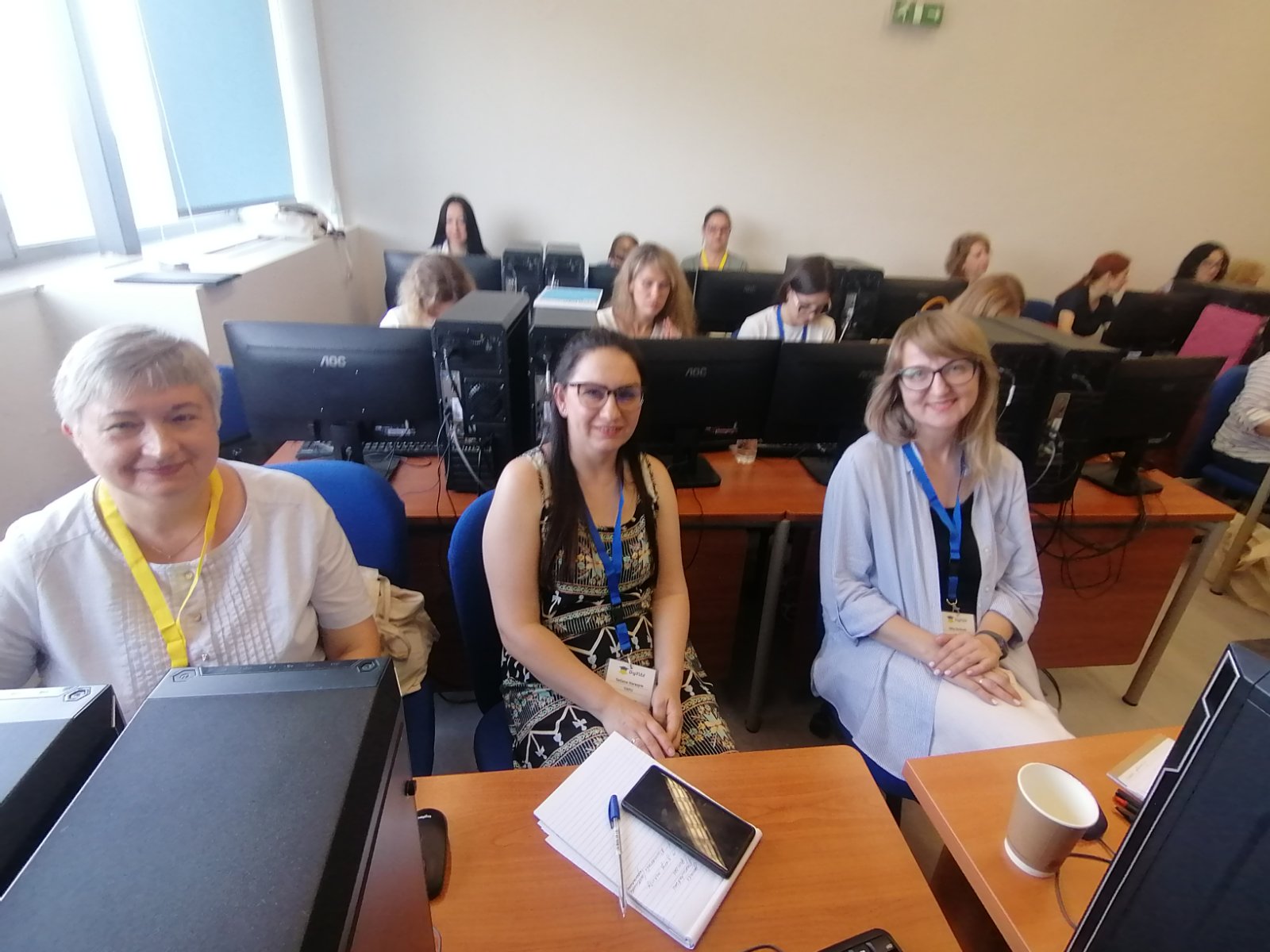
The learning activities were harmoniously combined with an introduction to Greek history and culture. The project participants enthusiastically took part in a walking tour of the historical locations of Kastoria, interactive visits to the prehistoric settlement of Limmen, and an aquarium. They saw the use of educational applications to demonstrate the effectiveness of gamification in learning; visited the Byzantine and archaeological museums; and explored the Dragon’s Cave, covered with stalactites dating back six million years.
The project team of Oles Honchar Dnipro National University is sincerely grateful to the colleagues from the University of Western Macedonia, in particular Domna Michail, Alexandros Kleftodimos and Michalis Vrigkas, and the whole well-coordinated team for their hospitality, excellent organisation of events, valuable knowledge, and experience!
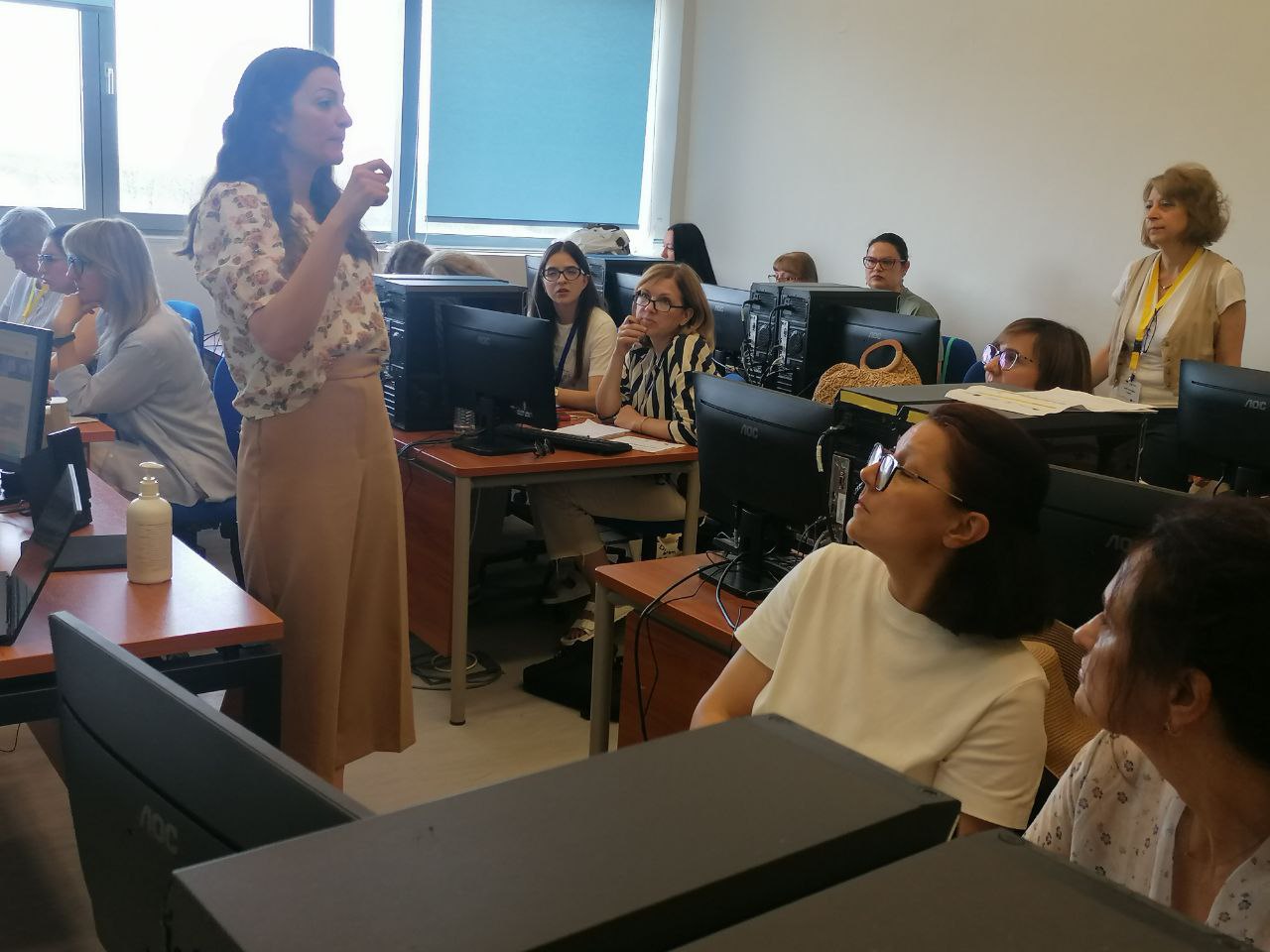
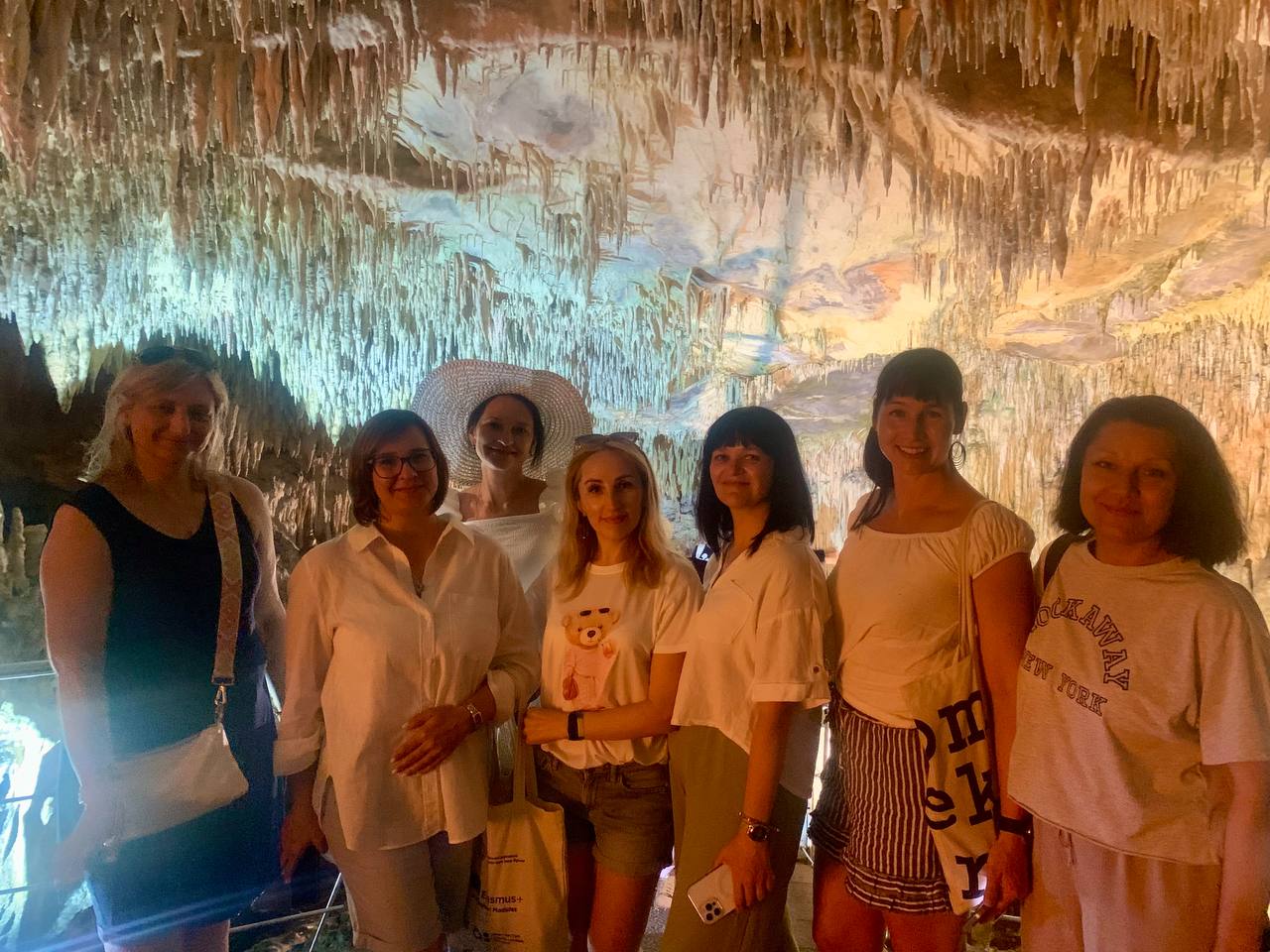
We are looking forward to further meetings!

Study Visit to Tampere University within DigiFLEd Project
From 18 to 23 August 2024, a team of lecturers from the Department of English for Non-Philological Specialities of Oles Honchar Dnipro National University took part in the third study visit within the DigiFLEd project to Tampere University, Finland. Professor Olena Hurko, Assistant Professors Nataliia Styrnik, Yulia Honcharova and lecturer Svitlana Riabovol exchanged experience with colleagues from partner-universities from Finland, Ireland, Greece, and Ukraine.
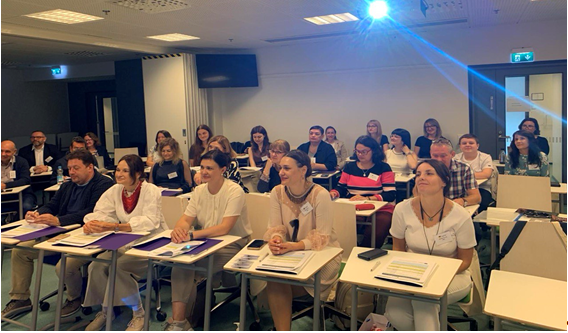
The visit began with ambitious plans and exciting expectations. Every day our participants took part in various educational activities. The main purpose of the study visit was to immerse ourselves in the world of modern technologies and training methods, including machine translation and TRADOS. Attending training sessions is a great opportunity to familiarise yourself with the latest technologies that can be implemented in the educational process to improve the quality of translation and facilitate work with students. In addition, during the visit, our teachers had the opportunity to explore the nuances of academic writing and analyse assessment methods.
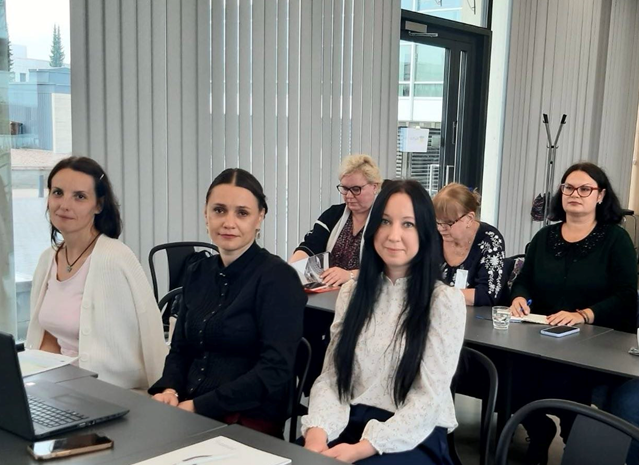
One of the highlights of the visit was the involvement in the world of gamification of foreign language teaching. DNU representatives learnt how to use game elements to make learning more captivating and effective and to engage students in active language learning. Considerable attention was paid to the latest applications for surveying and testing students’ knowledge.
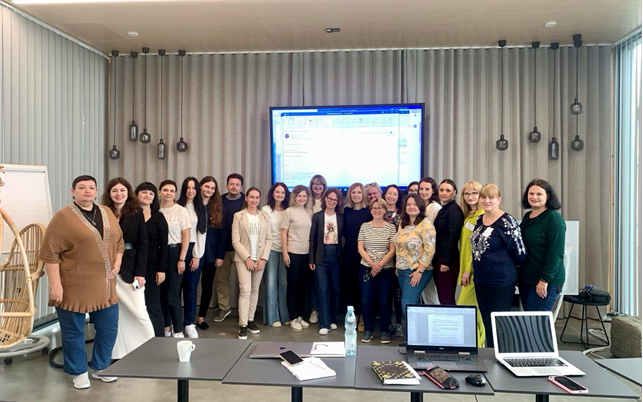
All these days were full not only of learning but also of pleasant moments of communication with colleagues. The beauty of Tampere’s magical lakes, the hospitality of the Finns and the support of colleagues fostered an atmosphere of creative inspiration and harmony. After each unique day, the teachers enjoyed the beauty of nature, relaxed and shared the acquired knowledge.
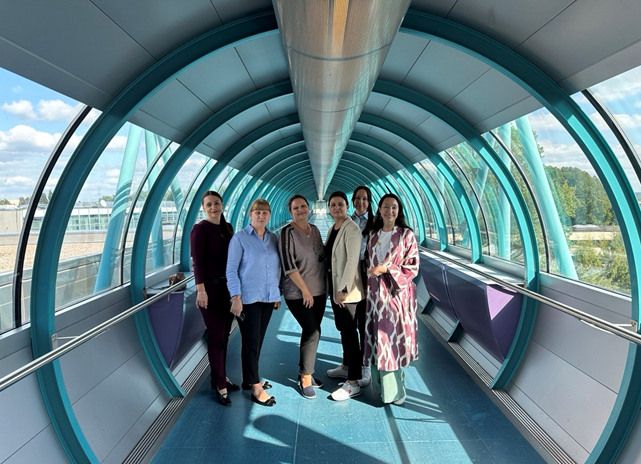
At the end of the visit, DigiFLEd participants shared their impressions and outlined further plans for the project. All participants returned home with new ideas and inspiration to implement the knowledge gained in their work. This visit was a further step towards modernising educational programmes and improving the quality of education at our university. The team of project participants from DNU is sincerely and immensely grateful to our Finnish colleagues!
2024: A Year of Achievements for DNU DigiFLEd Participants
Teachers of the Department of English for Non-Philological Specialties continue to participate actively in the implementation of the Erasmus+ DigiFLEd project, which aims to modernise foreign language teaching in Ukrainian universities.
2024 has been a remarkable year for the DigiFLEd Erasmus+ project participants. We started with a successful kick-off meeting in January at Tampere University, Finland. Together we identified the main objectives and plans of the project, and upcoming activities. The event also included enriching lectures by Päivi Pahta, Kate Moore, and Annamari Korhonen.
During a series of benchmarking study visits to Maynooth University (Ireland), University of Western Macedonia (Greece), and Tampere University (Finland) project participants met wonderful colleagues from partner universities, gained invaluable insights into best practices in language teaching, digital tools for language acquisition, and intercultural communication. These experiences have broadened the perspective of our team and facilitate international cooperation.
2024 has been a remarkable year for the DigiFLEd Erasmus+ project participants. We started with a successful kick-off meeting in January at Tampere University, Finland. Together we identified the main objectives and plans of the project, and upcoming activities. The event also included enriching lectures by Päivi Pahta, Kate Moore, and Annamari Korhonen.
During a series of benchmarking study visits to Maynooth University (Ireland), University of Western Macedonia (Greece), and Tampere University (Finland) project participants met wonderful colleagues from partner universities, gained invaluable insights into best practices in language teaching, digital tools for language acquisition, and intercultural communication. These experiences have broadened the perspective of our team and facilitate international cooperation.
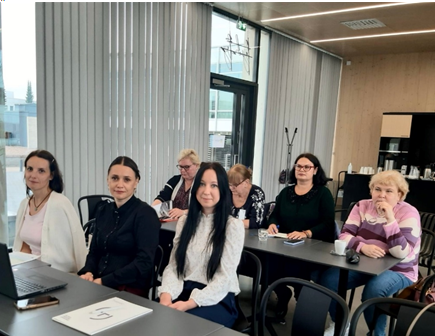
A significant milestone for the DigiFLEd project was its official registration in the Secretariat of the Cabinet of Ministers of Ukraine, receiving registration card No. 5635. This achievement marks a crucial step toward realising the project’s goals and objectives, paving the way for the procurement of cutting-edge equipment under international technical assistance. UA partner universities are going to extend their technical capacities with interactive boards, cameras for video conferencing, studio sets for sound recording, video conference systems, action cameras for creating educational videos and VR/AR-courses.
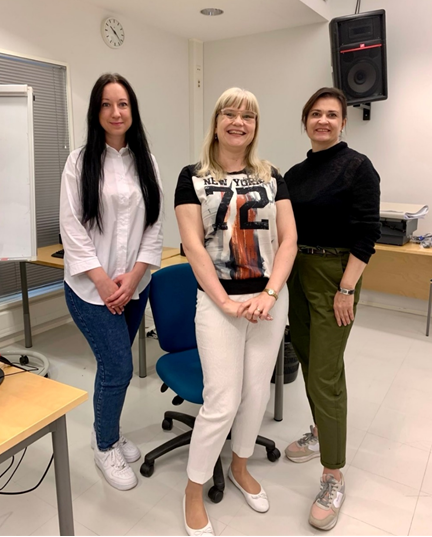
This year, the DigiFLEd team, together with the International Department of DNU, joined the celebration of Erasmus Days 2024. The event highlighted the achievements of the DigiFLEd project and foster discussions on international academic collaboration.
The completion of Work Package 2 has been finalised, resulting in the publication of the Benchmarking Report. This stage involved the analysis and comparison of practices in using digital tools for foreign language teaching based on study visits to Maynooth University (Ireland), the University of Western Macedonia (Greece), and Tampere University (Finland).
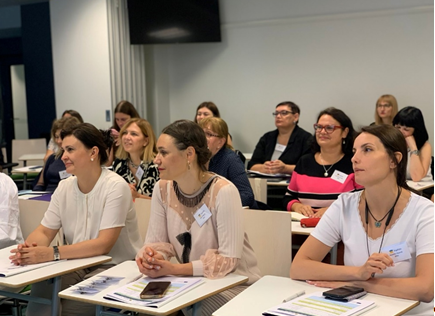
The DigiFLEd training modules have been launched, marking a new phase in the project. Representatives from seven Ukrainian universities are now engaging with educational and methodological modules developed by European partners. These modules aim to enhance the efficiency of teaching practices and integrate modern information and communication technologies into the educational process, aligning with the demands of digital education.
2024, DNU DigiFLEd team made a significant contribution to the modernisation of foreign language teaching and continued to implement innovations and digital technologies in education.
A successful start in 2024 has been made. We are excited for the opportunities ahead! A huge thank you to ALL DigiFLEd colleagues and participants!
DigiFLEd Participants Successfully Completed the Digital Tools for Language Teaching Course

Ukrainian teachers participating in the DigiFLEd project have successfully completed the Digital Tools for Language Teaching course, led by Darrell Wilkinson, a digital learning expert from Tampere University, Finland.

This intensive training provided participants with innovative strategies to integrate digital tools into language teaching. Throughout the course, they developed skills in:
- Expanding students’ vocabulary through digital resources
- Creating interactive quizzes to enhance engagement
- Providing combined visual and audio feedback
- Improving students’ writing, reading, speaking, and listening skills through technology
The course combined asynchronous learning with online meetings, engaging tasks, and expert feedback, equipping teachers with the skills to effectively use innovative digital technologies in their classrooms.

Participants highly appreciated Darrell Wilkinson’s teaching style, expertise, and commitment. His generous sharing of knowledge, practical insights, and tailored feedback made a significant impact. Teachers valued his detailed analysis of their work, which encouraged them to explore their creativity and digital teaching potential.
This course has empowered teachers with the confidence and skills to transform language learning through digital innovations.
Opening of the Digital Language Hub

In February 2025, faculty of Ukrainian and Foreign Philology and Study of Arts opened its Digital Language Hub. This unique facility was established within European Union’s Erasmus+ project Modernisation of University Education Programmes in Foreign Languages by Integrating Information Technologies (DigiFLEd 2024–2026).

The Digital Language Hub is not just a modern classroom but increases opportunities for higher education students and teachers. With state-of-the-art digital technology, foreign language learning here will be to the latest educational standards. Students can work with:
• interactive learning materials;
• virtual and augmented reality;
• modern multimedia resources;
• studio headphones and acoustic systems.
• broadcast cameras and interactive whiteboards in international events online.

The Digital Language Hub is an exceptional opportunity to study in a high-tech environment, with digital technology. It is another step toward the European integration of Ukrainian education, demonstrating that, despite today’s huge challenges, Ukrainian universities are growing in the international academic sphere.
We are grateful to Erasmus+ for supporting such educational projects and fostering the development of modern education!
Department of English Language
for Non-Philological Specialities
Introducing the Logo of the Virtual Centres
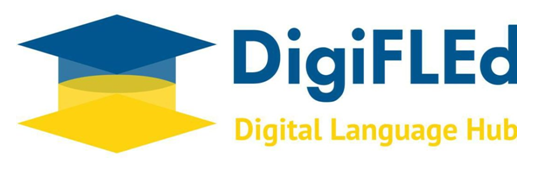

The logo for the DigiFLEd Virtual Centres has been officially approved. It is displayed on the websites of our partner universities. This logo symbolises our collective work on innovation and collaboration in education.
The Virtual Centres are packed with valuable resources, including in-depth information on AI in education, career opportunities for students, cutting-edge research in digital learning, language learning apps, and the latest events related to the project.
7 Ukrainian virtual centres are presented via the links:
Oles Honchar Dnipro National University
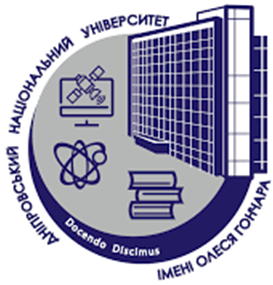
V. N. Karazin Kharkiv National University
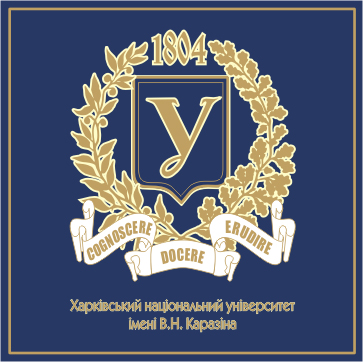
Zhytomyr Ivan Franko State University

Ternopil Volodymyr Hnatiuk National Pedagogical University

V.O. Sukhomlynskyi Mykolaiv National University

Donbas State Pedagogical University, Horlivka Institute for Foreign Languages
Vasyl’ Stus Donetsk National University

Oles Honchar Dnipro National University

V. N. Karazin Kharkiv National University

Zhytomyr Ivan Franko State University

Ternopil Volodymyr Hnatiuk National Pedagogical University

V.O. Sukhomlynskyi Mykolaiv National University

Donbas State Pedagogical University, Horlivka Institute for Foreign Languages
Vasyl’ Stus Donetsk National University

DigiFLEd Launches a Series of Webinars

The DigiFLEd project is actively developing a platform for sharing ideas, experiences, and innovations in the educational space. In March, the DigiFLEd team launched a series of monthly webinars dedicated to digital tools in teaching. And we already have exciting things to share!
March 2025 – Webinar in Zhytomyr
The first webinar was hosted by Ivan Franko Zhytomyr State University.
Topic: Modern Information Technologies in Foreign Language Teaching
Speaker: Prof. Nataliia Shcherba
The event brought together around 200 participants from partner universities! It focused on tools for developing language skills and interactive educational platforms.
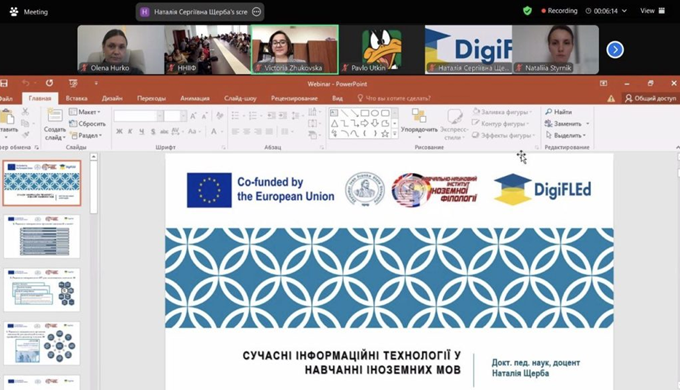
April 2025 – Practical Cases from Horlivka Institute for Foreign Languages (Dnipro)
The second webinar was delivered by Associate Professor Iryna Skliar (Horlivka Institute for Foreign Languages, Dnipro).
Topic: Digital Technologies in the Educational Practice of Language and Literature Teachers: Practical Experience
Participants explored platforms like Padlet, Genially, and others that help bring the learning process to life.
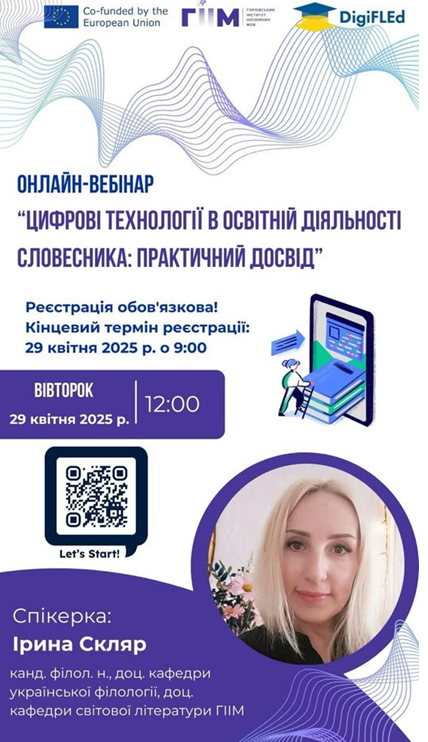
May 2025 – New Horizons in Kharkiv
The third webinar was hosted by V. N. Karazin Kharkiv National University.
Topic: Modern Digital Tools for Teaching, Communication, and Collaboration
Speaker: PhD, Associate Professor Olha Meleshchenko
This webinar was not only informative but also rich in practical tips and ready-to-use advice.
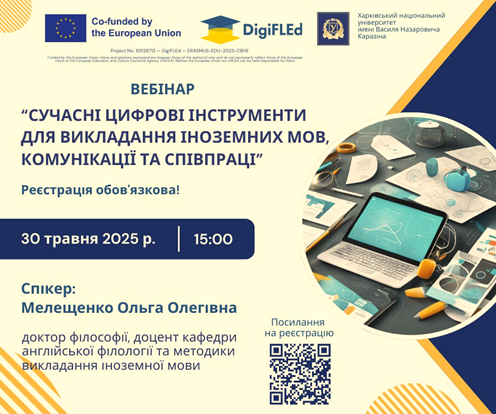
The DigiFLEd team is preparing for the upcoming webinars:
- June 2025 – Admiral Makarov National University of Shipbuilding
- September 2025 – Oles Honchar Dnipro National University
- October 2025 – Vasyl Stus Donetsk National University
- November 2025 – Volodymyr Hnatiuk Ternopil National Pedagogical University
Join the community of those who are changing education with digital technologies and become part of educational transformation!
Join the community of changemakers who are transforming education through digital technologies and be part of the educational transformation! DigiFLEd brings together those who are ready to shape the future of education today.
Join the community of changemakers who are transforming education through digital technologies and be part of the educational transformation! DigiFLEd brings together those who are ready to shape the future of education today.
From Idea to Reality: The Pilot Courses Start!
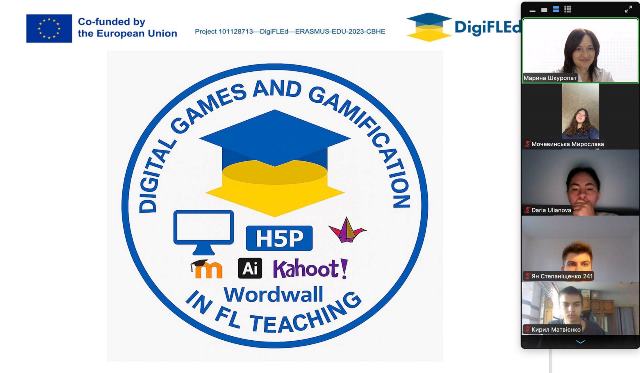
Our pilot course ‘Digital Games and Gamification in Foreign Language Learning’ is ready to transform the way students learn.
This innovative course has been designed by a dedicated team of specialists from Ukrainian universities, working in close cooperation with leading experts from our European partner institutions within the framework of our project.
Behind this stage are countless hours of discussions, weeks and months of planning, meticulous development of course materials and valuable consultations with colleagues. The result is a modern, engaging, and practice-oriented course that is now ready for piloting!
What’s next?
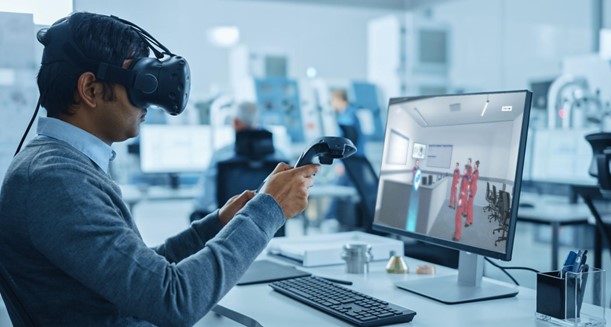
Students will take part in inspiring seminars that introduce the foundations of gamification and digital game-based learning. They will also participate in dynamic sessions, gaining first-hand experience with a wide variety of digital tools that can transform language learning into an interactive and motivating process.
And this is only the beginning...
Webinar “Digital Tools: New Horizons for Effective Teaching”
On 29 September 2025 the webinar “Digital Tools: New Horizons for Effective Teaching” was organised by Oles Honchar Dnipro National University. The event brought together over 260 participants from all regions of Ukraine and became a significant driver for change in teaching practice!
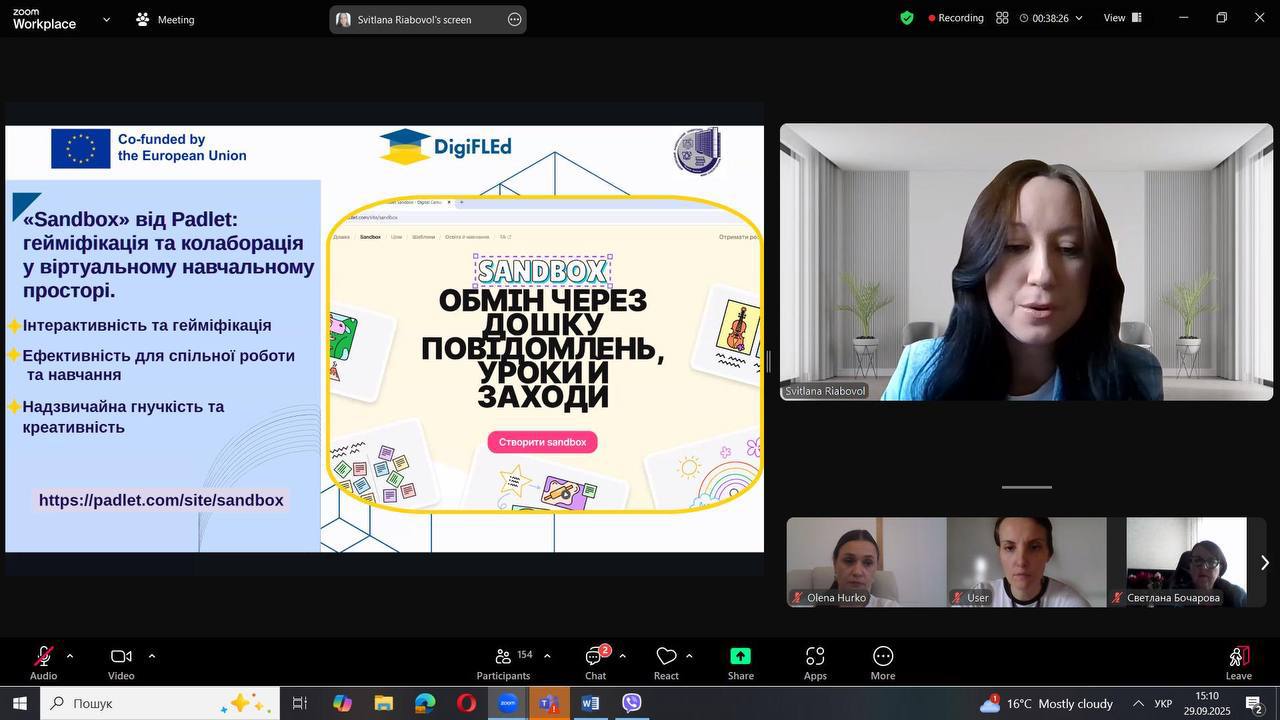
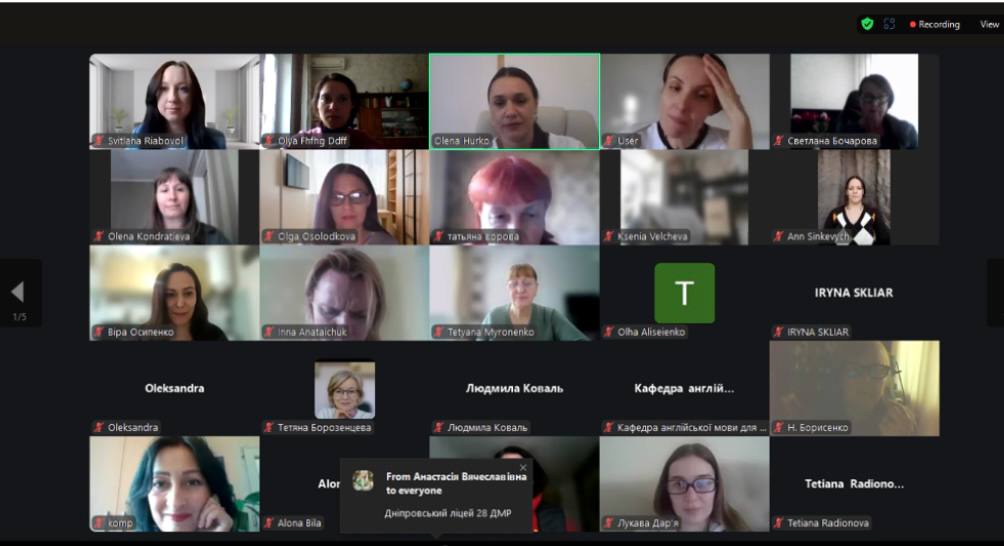
Speaker Svitlana Riabovol demonstrated how modern technologies can transform a traditional class into a dynamic, interactive learning space where students are not passive listeners but active creators of their own learning process.
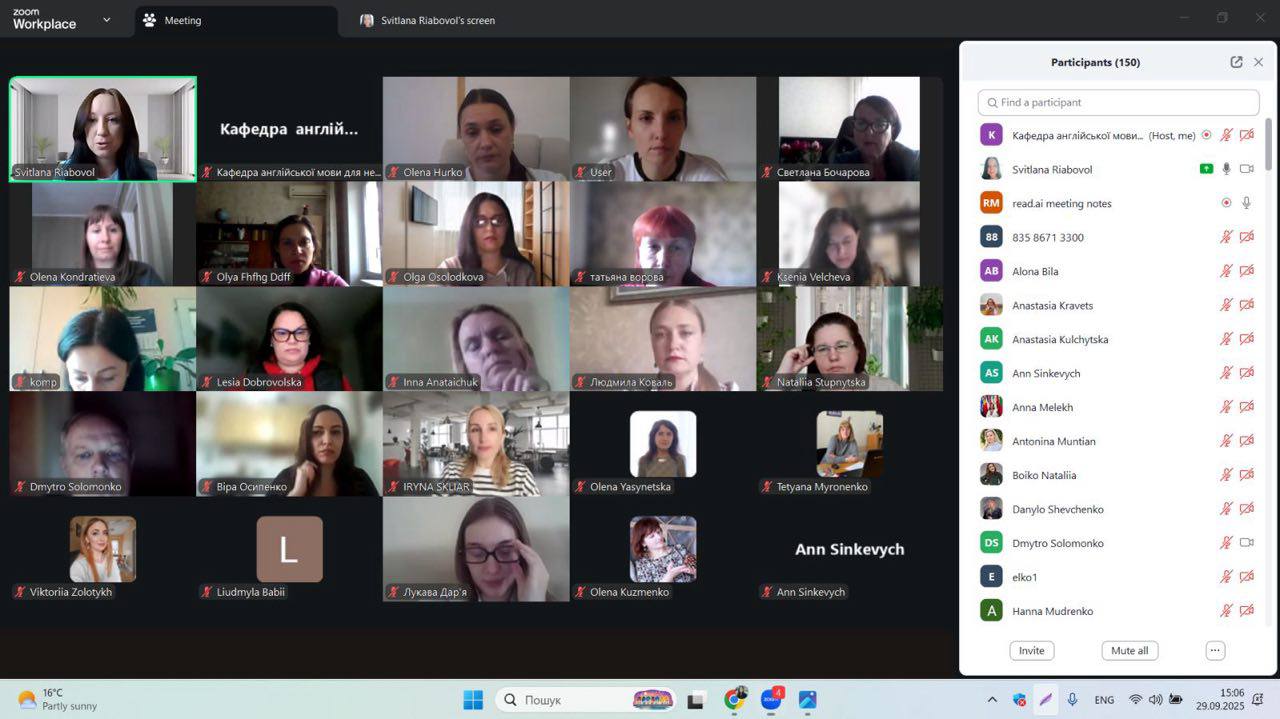
Participants had the opportunity to explore the potential of platforms such as Sandbox Padlet, Wayground, Flinga Wall, and Voki, which enable educators to:
• instantly collect ideas and conduct brainstorming sessions;
• create visually engaging interactive boards;
• facilitate synchronous and asynchronous student collaboration;
• personalise learning materials and design educational quests;
• integrate animated avatars that voice tasks, explanations, and feedback, making learning even more interactive and engaging.
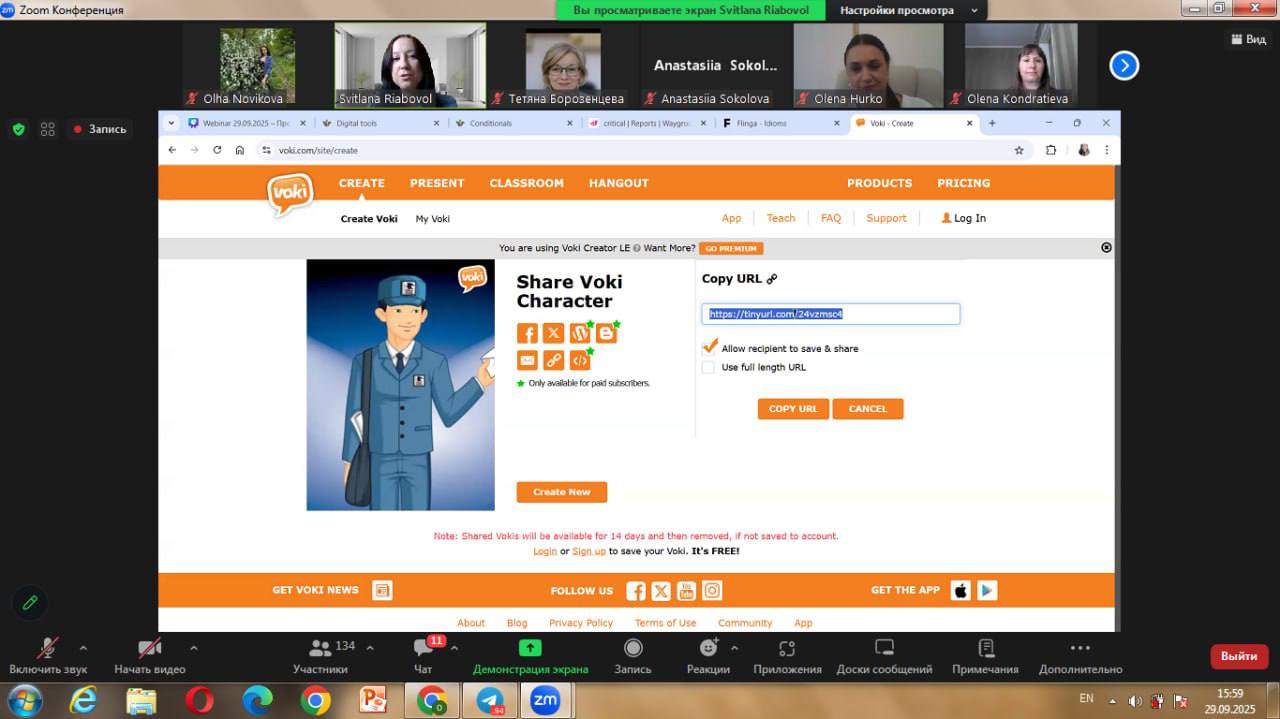
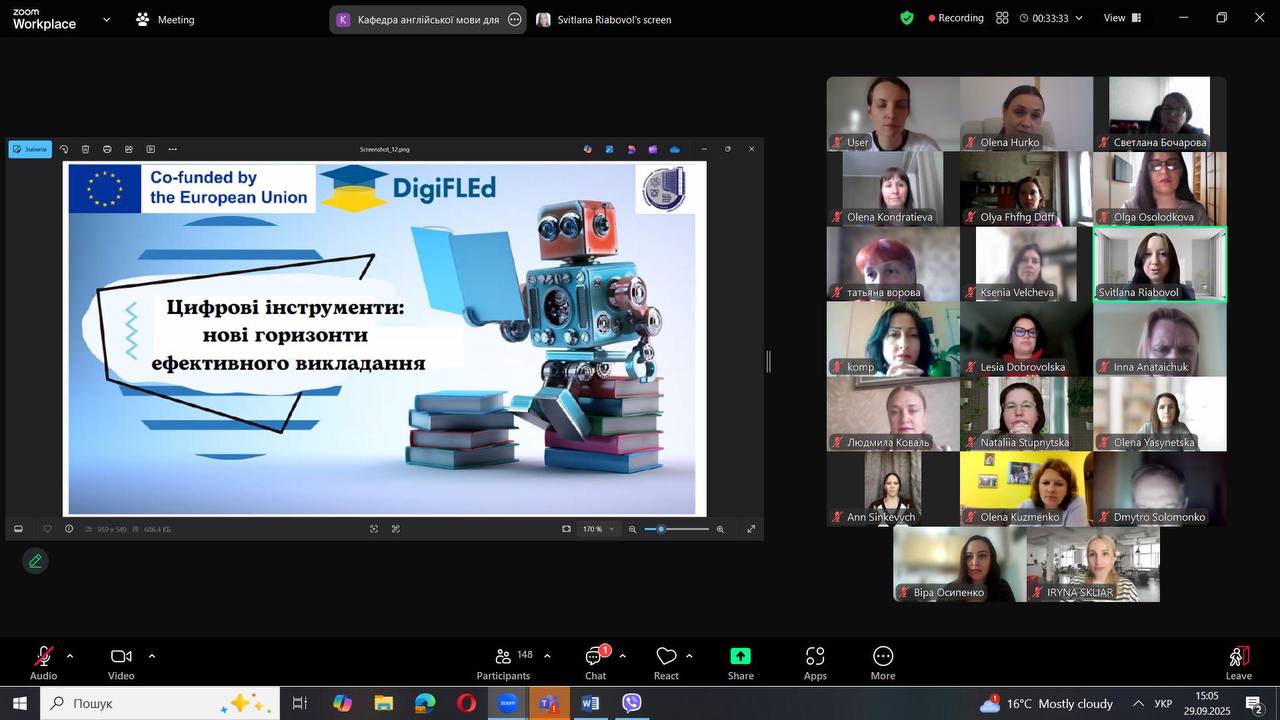
Key takeaway: Digital tools are a powerful resource for educators, enabling them to save time, unlock creativity, and deepen engagement with students.
We highly recommend this webinar to everyone ready to rethink the role of the educator in the digital age and make their teaching truly effective and inspiring!
DNU Launches Pilot Course “Communication and Digital Media”
Oles Honchar Dnipro National University has launched the pilot implementation of an innovative educational course “Communication and Digital Media” developed within the framework of the Erasmus+ DigiFLEd project. This initiative marks an important milestone in the university’s integration into the European Higher Education Area and the introduction of modern approaches to professional training.
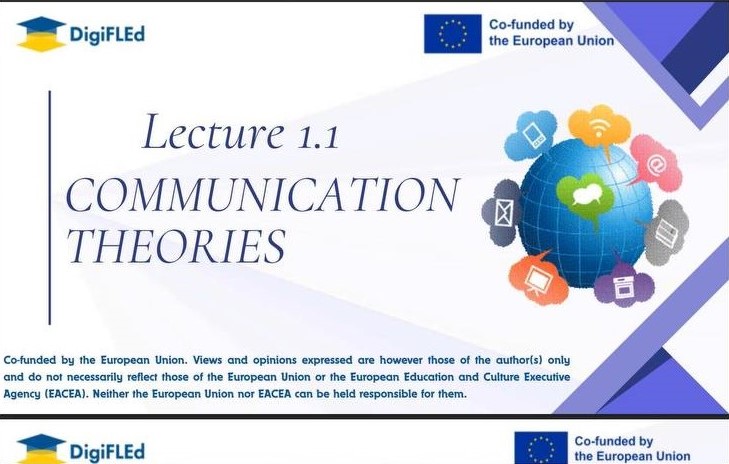
The course is delivered on the Moodle platform, providing a convenient learning format and enabling students to master the material at their own pace.
The main goal of the course is to equip students with the knowledge and practical skills necessary for effective communication and successful professional activity in today’s digital environment.
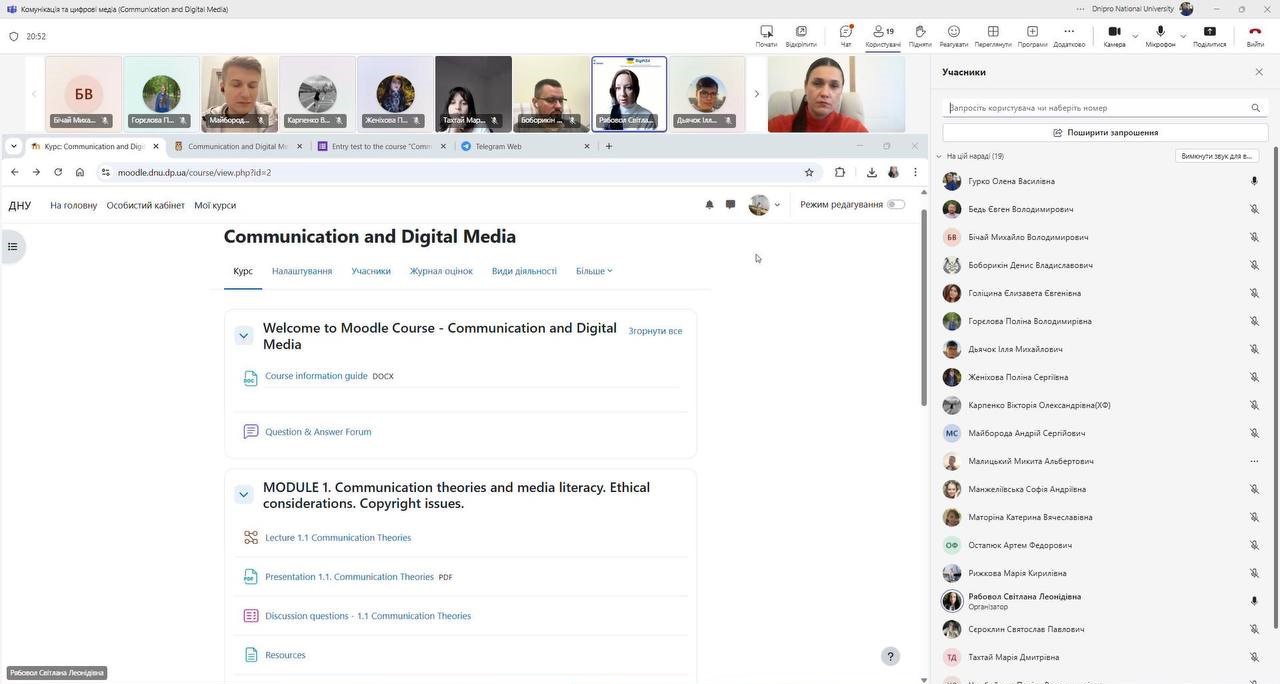
Within the course, students:
• analyse the impact of digital media on society, culture, and individual behavior;
• master modern digital tools and platforms;
• develop skills in content creation and effective communication strategy design;
• produce digital audio materials for podcasts and video content.
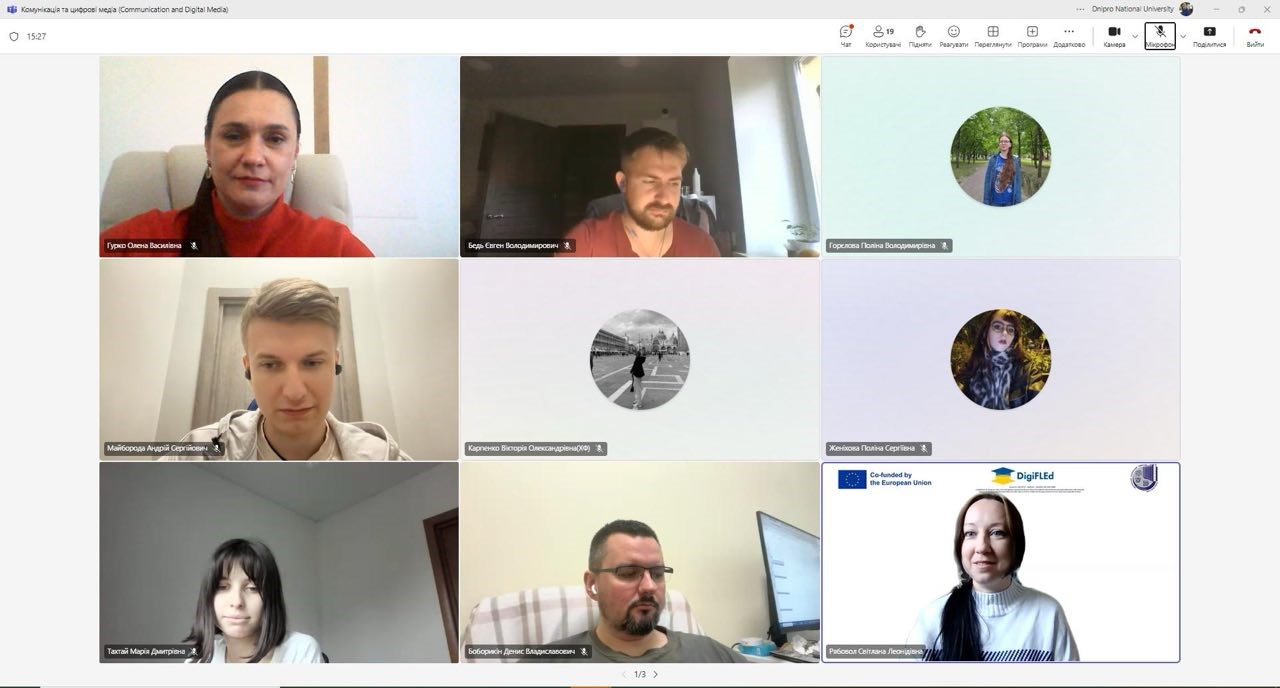
The pilot phase allows the teaching team to test the course content, adapt it to students’ needs, and align it with international educational standards. The feedback gathered during this stage will serve as a foundation for refining the final version of the course to ensure maximum learning effectiveness.
The project team extends its gratitude to all course developers, as well as to international and Ukrainian partners, for their support in bringing this important initiative to life. The pilot of “Communication and Digital Media” represents another significant step towards modernising educational programmes and preparing competitive specialists for the contemporary world.


